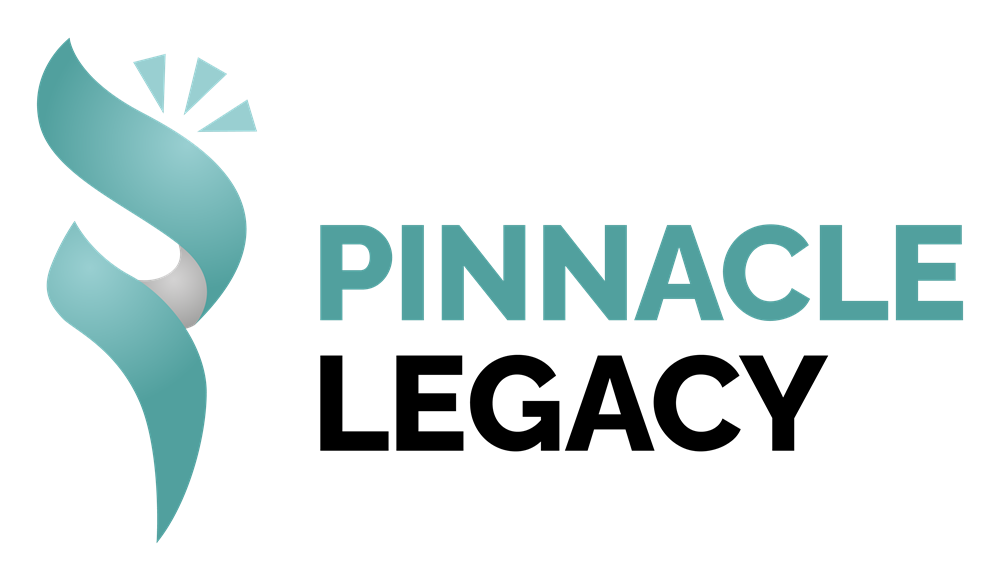A professional development plan is a document and a dynamic blueprint for long-term success. Whether stepping into your first role or striving for leadership, having a well-defined plan empowers you to take charge of your career. It fosters continuous learning, skill mastery, and strategic goal-setting, ensuring that each step you take is a move toward professional fulfillment.
Professionals must be proactive in their growth in an era where industries quickly evolve. Employers seek individuals who invest in their skills and demonstrate adaptability. A well-crafted professional development plan serves as a compass, guiding individuals through career progression, skill acquisition, and leadership opportunities.
This article delves into the essential components of an effective professional development plan, outlines actionable steps for crafting one, and presents compelling professional development examples that illustrate its transformative impact on career growth.
Understanding a Professional Development Plan
A professional development plan is a structured document that outlines career objectives, skill-building strategies, and learning opportunities. It serves as a guide to help professionals bridge skill gaps, gain relevant experience, and stay competitive in their industry.
Key Components of a Professional Development Plan
- Self-Assessment: Conducting an honest evaluation of strengths, weaknesses, and career aspirations helps professionals clarify where they stand and where they want to go. Self-assessment includes identifying personal values, preferred work environments, and areas for improvement. SWOT analysis (Strengths, Weaknesses, Opportunities, and Threats) or career aptitude tests can provide valuable insights.
- Goal Setting: Establishing clear, well-defined goals is essential for career growth. Goals should follow the SMART criteria (Specific, Measurable, Achievable, Relevant, and Time-bound) to ensure clarity and attainability. Professionals should set short-term objectives, such as completing a certification, and long-term goals, like transitioning into a leadership role within five years.
- Skill Development: Professionals should seek learning opportunities to remain competitive in today’s job market. This can include enrolling in industry-specific training programs, attending workshops, pursuing higher education, or joining mentorship programs. Developing technical and soft skills, such as leadership and communication, enhances career readiness.
- Progress Tracking: Consistently monitoring progress is crucial for long-term success. Professionals should establish a timeline for their goals, regularly review milestones, and make adjustments when necessary. Keeping a career journal, seeking mentor feedback, and conducting self-evaluations can help refine strategies and maintain steady professional growth.
Steps to Building an Effective Professional Development Plan
Crafting a robust professional development plan requires reflection, goal-setting, and active skill-building. Here’s a step-by-step guide to creating a personalized strategy for career growth.
1. Conduct a Self-Assessment
Understanding personal strengths, weaknesses, and career aspirations is the foundation of a solid development plan. A self-assessment clarifies areas that need improvement and highlights transferable skills that can be leveraged for career advancement.
- Key Questions to Ask:
- What skills do I excel in?
- What areas need improvement?
- What career path excites me the most?
- What challenges have I encountered in my career, and how did I overcome them?
- What professional values and interests drive my motivation?
Conducting a self-assessment through feedback from peers, performance evaluations, or self-reflective journaling can provide valuable insights that shape a meaningful development plan.
2. Set SMART Career Goals
To provide clarity and direction, a professional development plan should include SMART (Specific, Measurable, Achievable, Relevant, and Time-bound) goals. Establishing well-defined objectives helps maintain focus and measure progress effectively.
- Short-Term Goals: Within the next three months, actively participate in a marketing webinar to gain insights into donor engagement, fundraising strategies, and campaign effectiveness.
- Mid-Term Goals: Over the next year, step into a leadership role by spearheading a new project or transitioning into a different department, demonstrating the ability to manage teams, delegate responsibilities, and drive successful outcomes.
- Long-Term Goals: Within two years, earn a recognized professional certification in donor relations to enhance fundraising and nonprofit management expertise. Within five years, work towards securing an executive leadership position, using strategic decision-making and advanced leadership skills to drive organizational success.
Setting realistic and attainable goals ensures steady career progress while keeping motivation high.
3. Invest in Continuous Learning
Education is a lifelong process. Seeking diverse learning opportunities strengthens skill sets and increases career advancement potential. Career growth depends on adapting and evolving with industry trends, making learning an essential part of a professional development plan.
- Professional Development Opportunities:
- Online courses and certifications (e.g., LinkedIn Learning, Coursera, Udemy, industry-specific workshops)
- Industry conferences and networking events
- Mentorship and coaching programs
- Professional reading (books, whitepapers, trade publications)
Enrolling in professional development courses or training sessions tailored to an industry’s evolving needs helps professionals stay ahead of the curve and refine their expertise.
4. Apply Skills in Real-World Scenarios
The best way to solidify learning is through practical application. Professionals should seek leadership opportunities, cross-functional projects, and volunteer experiences that reinforce their newly acquired knowledge and skills.
- Methods to Apply Learning:
- Leading a project that aligns with career goals
- Volunteering in industry-related nonprofit organizations
- Seeking hands-on training in different roles within an organization
- Teaching or mentoring others to reinforce knowledge
Applying knowledge in practical environments allows professionals to test their skills, gain confidence, and refine their abilities in real-world situations.
5. Track Progress and Adjust the Plan as Needed
A professional development plan should be flexible, allowing adjustments based on evolving career goals and industry trends. Tracking progress ensures accountability and highlights areas for improvement.
- Ways to Track Career Progress:
- Regularly reviewing and adjusting career goals
- Maintaining a career development journal
- Seeking periodic feedback from mentors and supervisors
- Setting new benchmarks as professional milestones are achieved
Career growth is not a one-time event but a continuous journey. By monitoring progress and making necessary adjustments, professionals can ensure they remain on the right path toward success.
How a Professional Development Plan Fuels Career Progression
A well-structured professional development plan plays a crucial role in career progression. It ensures professionals remain proactive in their learning and positions them for promotions and leadership opportunities.
Adapt to Industry Changes
Industries evolve rapidly, and professionals who continuously update their knowledge remain relevant. A structured plan encourages ongoing education, ensuring individuals stay ahead of emerging trends. This means regularly researching industry advancements, attending professional development seminars, and engaging with industry thought leaders. By staying informed, professionals can anticipate changes and pivot their skill sets accordingly.
Enhance Opportunities for Promotion
Employers seek individuals who show initiative in personal and professional growth. A clear career plan demonstrates a commitment to improvement, making employees more likely to receive promotions and additional responsibilities. Beyond formal education, cultivating leadership skills, problem-solving abilities, and collaboration techniques helps individuals prove their readiness for advancement. Developing a proactive approach to problem-solving within an organization also makes an employee more valuable and promotion-worthy.
Boost Professional Confidence
Setting and achieving career goals fosters confidence. Professionals feel more motivated and engaged when their efforts translate into tangible growth. Confidence also influences how professionals communicate ideas, advocate for themselves in career discussions, and take on leadership responsibilities. A structured plan helps individuals measure progress and recognize achievements, reinforcing their belief in their abilities.
Expand Professional Networks
A professional development plan encourages participation in industry events, mentorship programs, and networking opportunities, helping professionals connect with influential figures. Networking fosters knowledge exchange, opens doors to job opportunities, and builds valuable connections, contributing to long-term success. Attending industry conferences, joining professional associations, and engaging in online networking platforms can provide exposure to new insights and career-enhancing relationships.
Align Career Goals with Organizational Success
Professionals who align their career growth with their company’s mission contribute more effectively to their workplace, benefiting their career and the organization. Understanding an organization’s long-term vision and tailoring personal development efforts to align with it ensures professionals remain valuable team members. This alignment increases job satisfaction, engagement, and the likelihood of career advancement.
Essential Professional Development Examples for Career Growth
Professional development takes many forms, allowing individuals to strengthen their skills, expand their knowledge, and enhance their career progression. Below are six key professional development examples that contribute to career success:
1. Mentoring
Mentorship provides individuals with guidance, support, and knowledge from experienced professionals. Through mentoring relationships, mentors and mentees gain valuable insights, refine their leadership skills, and expand their professional networks.
2. Communication Training
Effective communication is a crucial skill in any professional setting. Communication training, such as public speaking workshops or interpersonal communication courses, helps professionals articulate their ideas clearly, collaborate efficiently, and build stronger workplace relationships.
3. Developing New Skills
Continuous learning is key to staying competitive in the workforce. Professionals who proactively develop new skills, such as technical abilities, industry-specific knowledge, or problem-solving techniques, enhance their adaptability and increase career advancement opportunities.
4. Leadership Training
Leadership programs help professionals develop the skills to guide teams, make strategic decisions, and drive organizational success. By participating in leadership incubators, executive coaching, or management workshops, individuals prepare for higher-level responsibilities.
5. Professional Networking
Building and maintaining professional relationships is vital for career growth. Attending industry events, joining professional organizations, and participating in networking sessions provide opportunities to connect with peers, mentors, and industry leaders.
Seize Your Future with a Strategic Career Plan
A professional development plan is essential for long-term career success, helping professionals stay proactive and adaptable in an ever-changing job market. Individuals can cultivate a fulfilling and impactful career by setting clear goals, investing in continuous learning, and seizing new opportunities. It is a foundation for career growth, allowing professionals to build confidence, expand their network, and develop the expertise needed to thrive in their industry.
Taking the initiative to craft and follow a structured plan enhances personal growth and aligns individual aspirations with the organization’s broader goals. Whether you aim to climb the corporate ladder, transition into leadership, or refine your skills for a specialized role, a well-thought-out development plan keeps you on track toward success.
At Pinnacle Legacy, we believe in empowering individuals with the tools and knowledge to build a successful future. Get in touch with us today and take the next step toward achieving your career goals!


